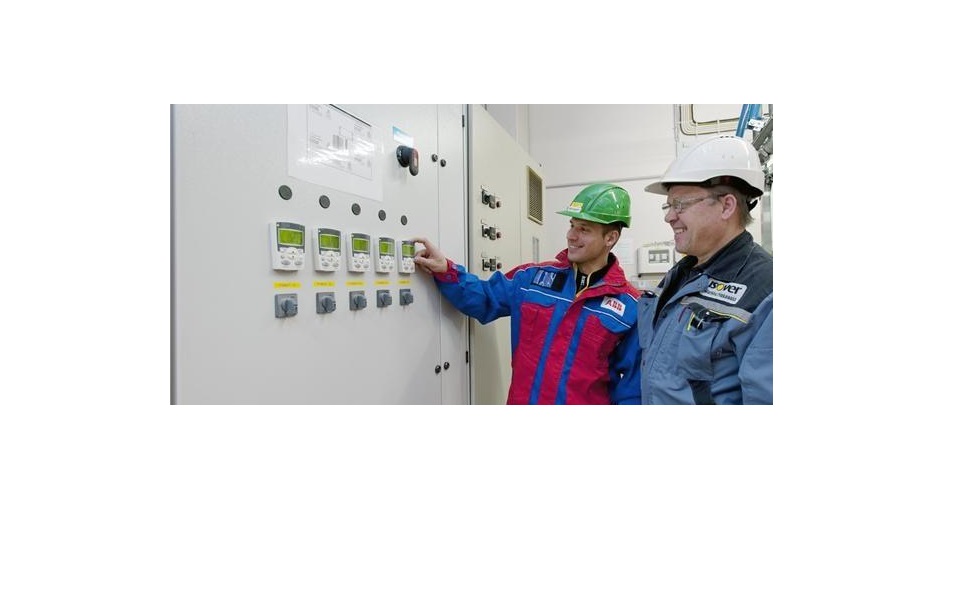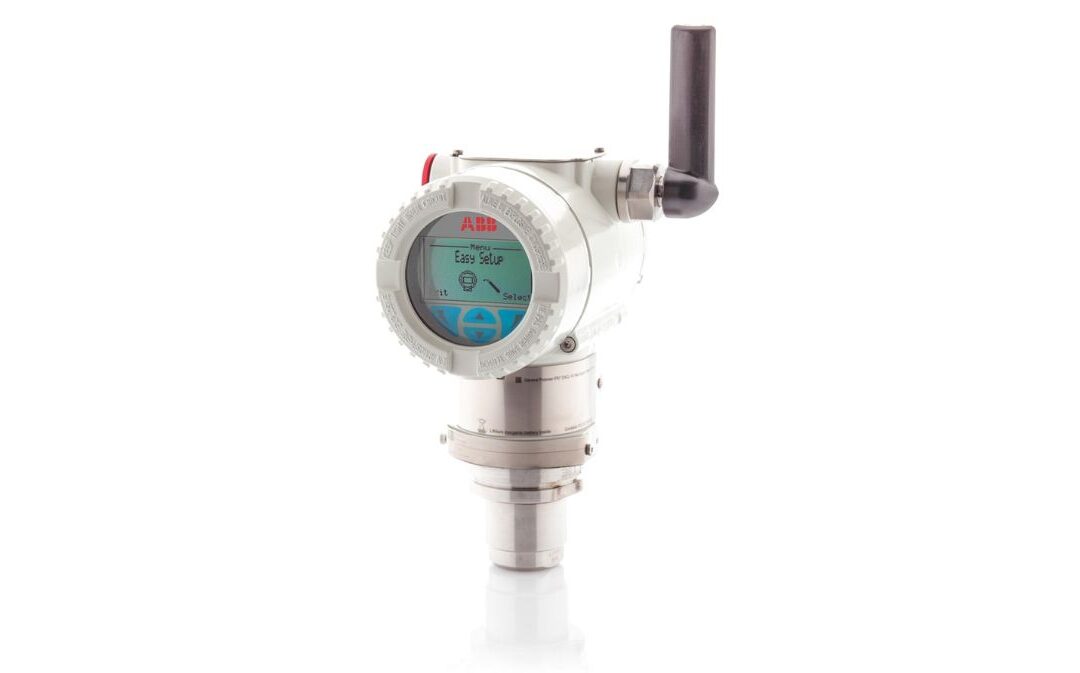Temperature sensors are among the most common components used in industrial processing. They operate on a broad range of measuring principles to support acquisition of thermal readings from process chambers, flow systems, and high temperature facilities.
High temperature sensors are specialised for applications where processing temperatures regularly exceed 1000°C (1832°F). Industrial furnaces, combustion chambers, and metallurgical processing apparatuses are temperature-dependant systems that require constant thermal monitoring to maintain optimal working conditions. This requires novel thermowells comprised of materials with exceptional thermal stability and good resistance to thermal shock, which must be directly connected to a temperature sensor with an expanded measuring range.
ABB supplies a high temperature sensor series that is optimised for refractory applications. This blog post will explore the capacities of our SensyTemp TSH200 high temperature sensor in further detail.
High temperature measurement: SensyTemp TSH200
The SensyTemp TSH200 series of temperature sensors was engineered to withstand severe thermal conditions in varied processing environments. This range is comprised of three distinct products:
- TSH210, with an Inconel thermowell and a maximum operating temperature of 1300°C (2372°F);
- TSH250, with a platinum-sleeved ceramic thermowell, operating up to temperatures of 1650°C (3002°F);
- TSH220, with a ceramic thermowell and a maximum operating temperature of up to 1800°C (3272°F).
Each of these temperature sensors houses a straight thermocouple within an inner or intermediate tube comprised of thermally-resistant material. This is directly attached to a transmitter within the connection head where the analogue thermal signal is converted into a digital output. These sensors can communicate the temperature as a thermal voltage via 4 – 20 mA, HART, PROFIBUS PA, or FOUNDATION Fieldbus to accommodate remote temperature monitoring in a variety of processing facilities.
Typically, the thermowell will be integrated into a kiln or furnace to directly monitor the temperature at distinct points within the heating chamber. Although certain applications may have novel installation requirements. The TSH210 is optimised for reheating and hardening furnaces, smelting operations, blast furnaces, waste incineration, and flue gas desulfurization. In the latter instance the temperature sensor may be installed in an exhaustive outlet to acquire the temperature of flue gas in industrial processing.
The TSH250 is a specialist temperature sensor for glass melting with additional protection form chemical attack owing to the platinum sleeve. This allows for direct monitoring of the melt in a crucible or mould.
The TSH220 is the most robust temperature sensor for high temperature applications. It has been applied in an array of processing and manufacturing applications, including: cement and brick manufacturing; porcelain and ceramics industry; garbage and hazardous waste incineration; steel forming.
If you would like any more information about ABB’s High Temperature Sensors, please feel free to fill out the form below and a member of KC Controls will get in contact with you.
*This blog was sourced from: https://new.abb.com/products/measurement-products/measurement-products-blog/high-temperature-sensors-from-abb and all rights off the blog belong to ABB






